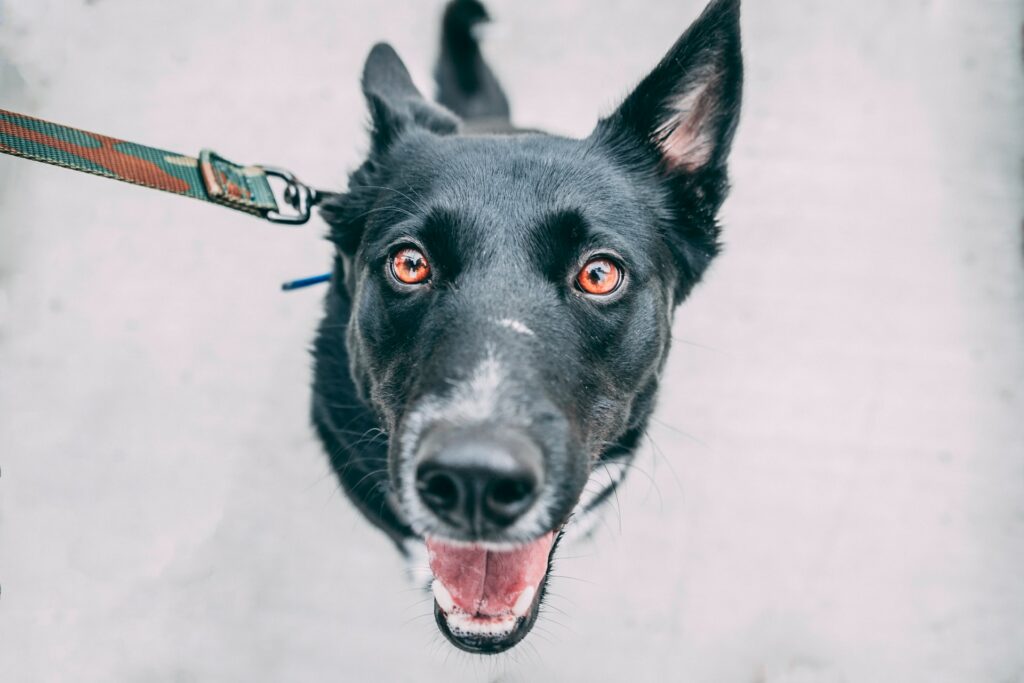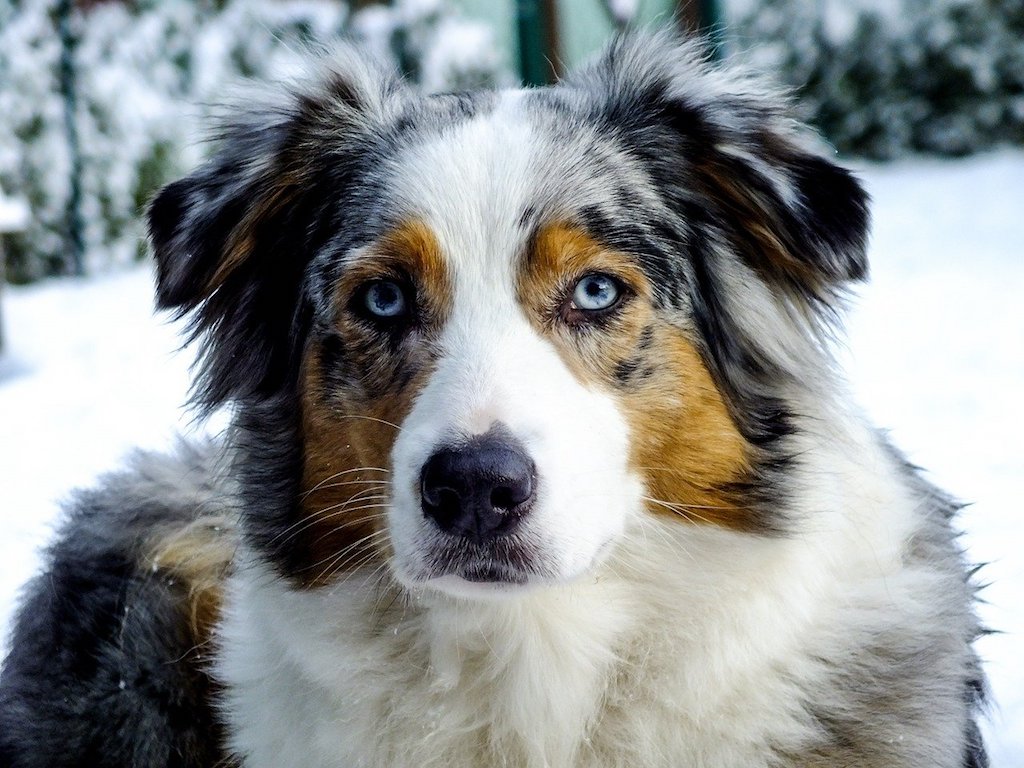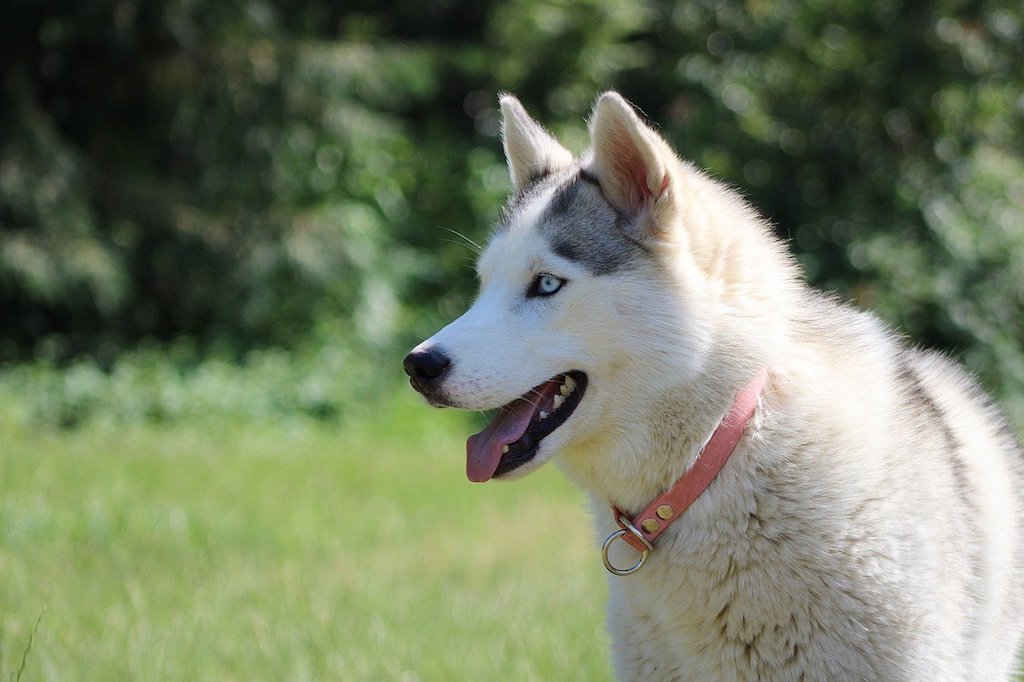Dog breeds come in all sorts of shapes and sizes. No matter how your dog looks though, we want it to have the longest and healthiest life possible. A lot of this can be achieved with a healthy lifestyle and the right care, but some dogs have an advantage. Not every dog breed is equal when it comes to health. Certain dog breeds are born predisposed to specific health conditions. This can mean that they are considerably more likely to end up with health problems than other breeds.

Often, this inherent advantage isn’t small either. The difference between one dog’s expected lifespan and another can be dramatic. For example, a French Mastiff can typically only expect to get 5-8 years.
This can be a little uncomfortable reading for dog owners. However, it is important to remember that breed isn’t the only factor at play. When you’re looking to get a new puppy, most people don’t typically start to think about their end of life care. However, it is important to know about these things. A dog can be predisposed to certain health problems, if you’re aware of this for the dog’s entire lifespan then you can better guard against it. Knowing if your dog is going to have health problems because of its breed helps you avoid them.
Some owners deliberately go for the breeds of dog without as many health problems. A lot of people might not go as far as comparing life span, but they may avoid certain breeds that are likely to die younger. This is a sad reality of owning a pet. So which are the breeds that are going to live the longest? Things get a little complicated there.
Why Do Some Dogs Live Longer?
There are a number of reasons why certain dog breeds can be expected to live quite a bit longer than others. A lot of it comes down to their genetics. While the way a dog is raised and how healthy they are can help them not develop problems, certain breeds have a much higher risk of developing certain problems. These are some of the reasons why:
Their Physical Bodies
Sometimes a breed of dog is more likely to get health problems just because of their size or the way that they look. Really large dogs, in particular, are susceptible to this. Rapid growth can often lead to musculoskeletal issues. Equally, dog breeds that were developed to have a more unusual appearance like Pugs suffer from various physical problems just by the way they grow.
Inbreeding
Not all dog breeds have the same ranged of genetic diversity. In essence, inbreeding is much more likely for some breeds since there aren’t as many of them. Inbreeding in dogs can make health problems considerably more common in entire breeds of dogs. This is because the genetic pool is smaller, this greatly increases the chance of a dog breeding with another dog that shares a part of its ancestry, since they are one of a few pedigrees around for breeding. For example, pugs are one of the most inbred of all dog breeds.
Limited Gene Pools for Endangered Dogs
Most dog breeds aren’t endangered in the same way as pandas, but they have different problems with a small pool of potential breeding partners. If you want a specific type of dog and for it to be a whole breed pedigree, sometimes your options are limited in what the parents of this dog are. A good example is the Glen of Imaal Terrier. This is a very specific breed, but the numbers registered to the kennel club in the UK have been below 100 for some time. This means there are very few of these dogs available to breed as a pedigree, which increases the chance of inbreeding.
Genetics
A dog that genetically carries the risk of inheriting a hereditary problem is more likely to get that health problem. If both their parents have the genes that give them this problem, then they’re much more likely to have puppies with the hereditary problem. When these genes are part of what makes a breed what it is, the dog becomes a lot more likely to suffer from that health condition.
Do Mongrels Live Longer?
The idea that mixed breed dogs live longer is a little more complicated than most people think. It is largely true that dogs with a very mixed heritage are less predisposed to health problems, but it does depend on their exact breeding.

Pure breed dogs run a much greater risk of carrying genes that will cause the health problems seen in their breed. This is due to the more limited genetic material, whereas a mixed breed dog will not be doubling up on the risk of any specific illness from their parents. This gives them a bit of an advantage when it comes to health problems.
It is important to keep in mind though that this doesn’t apply to all mongrels. Some combinations of dogs can produce dogs predisposed to health conditions. Certain designer dogs can combine the negative aspects of two breeds. This all depends on a dog’s specific breeding. With so much else influencing their health though, you shouldn’t get too hung up on this.
Which Dog Breeds Live the Longest?
Outside of a mixed breed dog that is predisposed to live slightly longer than others, some dogs have a greater life expectancy than others. These are the breeds that come out on top of a direct comparison of breed-specific health problems.
Australian Shepherd
These dogs have an easy-going demeanour and a reputation for being quite active. Despite all this energy, they manage to live for 12-15 years on average. This is often attributed to their healthy make-up, which helps prevent bone and skin problems that so often harm other dogs.

Australian Cattle Dog
This dog is pretty well known for not getting very many problems. One of these dogs actually holds the world record for being the oldest dog alive. This is Bluey, who lived all the way to 29. That is a pretty impressive number for a dog.
Beagle
Snoopy managed to get a good 50 years through Peanuts’ run, but most beagles don’t quite reach those heights! However, they do live quite a bit longer than most dogs. A Beagle can expect to live for 10-15 years. This makes Beagles one of the healthiest breeds.

German Pinscher
This breed typically live to between 12 and 14 years old. This might not sound dramatically longer than most other dogs, but their lack of common health problems makes this a pretty predictable lifespan for a healthy dog. They’re also quite intelligent compared with other dog breeds.
Siberian Husky
The husky is a large dog breed that usually live to between 12 and 14 years old old. Unfortunately, this usually healthy breed isn’t quite as reliable as they once were. Thanks to trends for particular dog breeds being influenced by pop culture, a lot of puppy mills routinely churn out huskies. These dogs are often from inbred stock and poorly bred and treated animals. This has resulted in a lot of the huskies that are unrepresentative of this normally healthy breed.

Dachshund
Sausage dogs are a pretty popular choice for dog owners for their lovable personalities and cute looks. Healthy Dachshunds can be expected to live for quite a while. A fair few of them have even reached 20 years old! This definitely makes them one of the healthiest breeds, although you will have to watch out for joint problems from their strange appearance.
Border Collies
Border Collies are pretty well known for their above-average intelligence. They are really quite clever. However, they are also very healthy dogs. They aren’t particular predisposed to any major health problems; they usually live to 12-15 years.

Chihuahua
As previously mentioned, really big dogs often don’t typically live all that long. The Chihuahua is a good case for the opposite. This tiny breed typically lives to 14-16 years old. This is quite a long time, especially for these little dogs with big personalities.

Belgian Malinois
This breed isn’t as often seen as Border Collies or Chihuahuas, but it matches their impressive lifespan. These dogs often live to 14-16 years.
What Makes a Healthy Dog Breed?
Healthy dog breeds can differ dramatically. From small Chihuahuas to working Border collies, it’s clear that there isn’t one specific type of dog breed that is healthier than others. If your dog’s capacity to live a long and healthy life is an important factor for you, you do have plenty of choice. What makes some dog breeds healthier than others is usually just a reflection of how long they’ve been bred, and how widely. Dogs that combine both physical factors that help them stay healthy and come from good stock will usually come out on top when measuring up a dog’s life span.
Of course, these aren’t guaranteed lifespans. It is still really important to try and keep your dog healthy, with regular exercise, vet check-ups, proper diet and nutrition, and just about everything else that comes with raising a dog. These are all really important factors for your dog’s life span, it isn’t all just down to their breed and genetics. If you’re looking to get a dog that is free from health problems and can live a long life, this is more important. Any dog can have a healthy and long life if they’re properly cared for and you do everything you can to keep them healthier. Some breeds just have an easier time achieving that than others.









